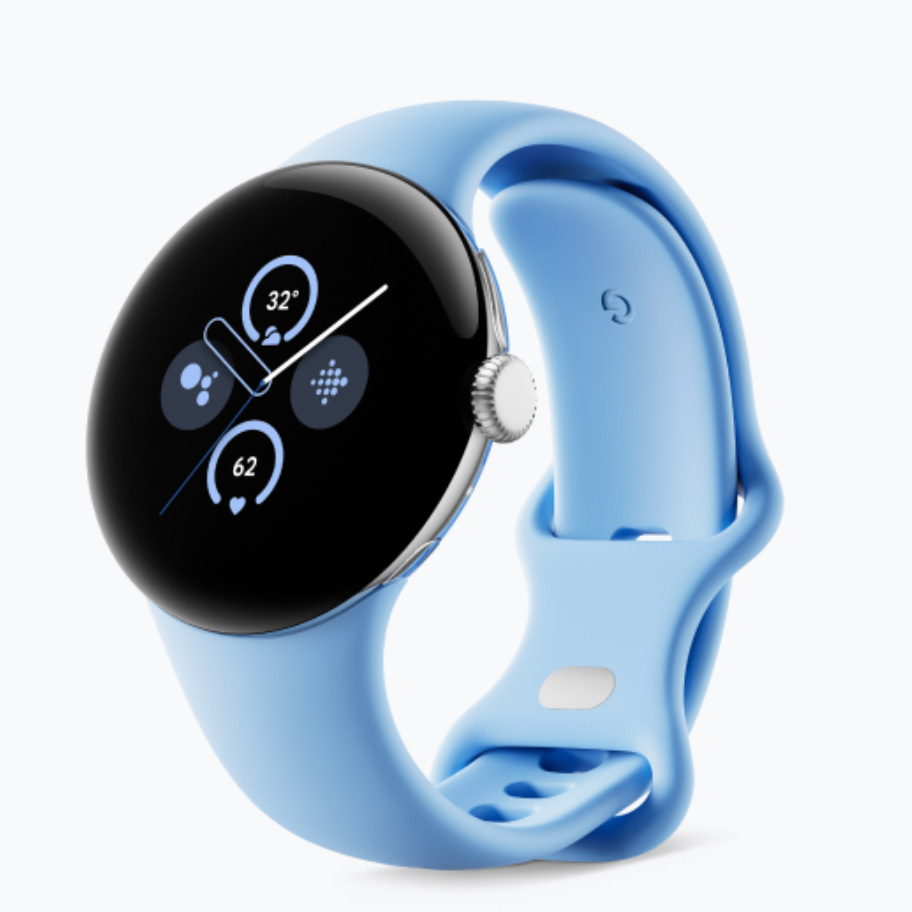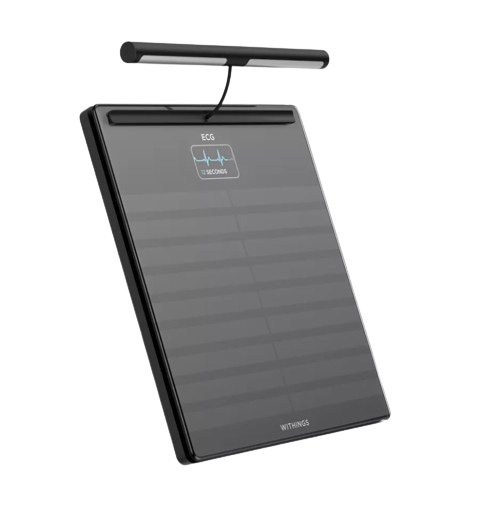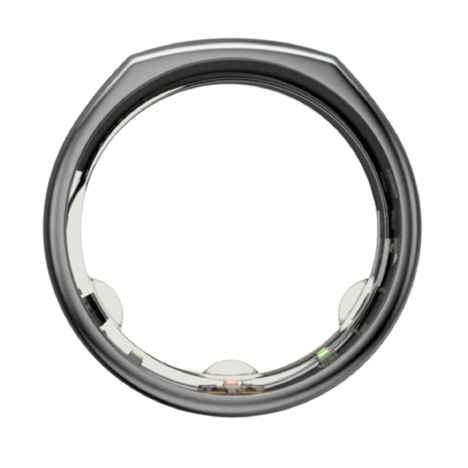How smart home tech can help you hit your health and fitness goals
Take gym classes from home and get detailed information about your health without having to go to your GP

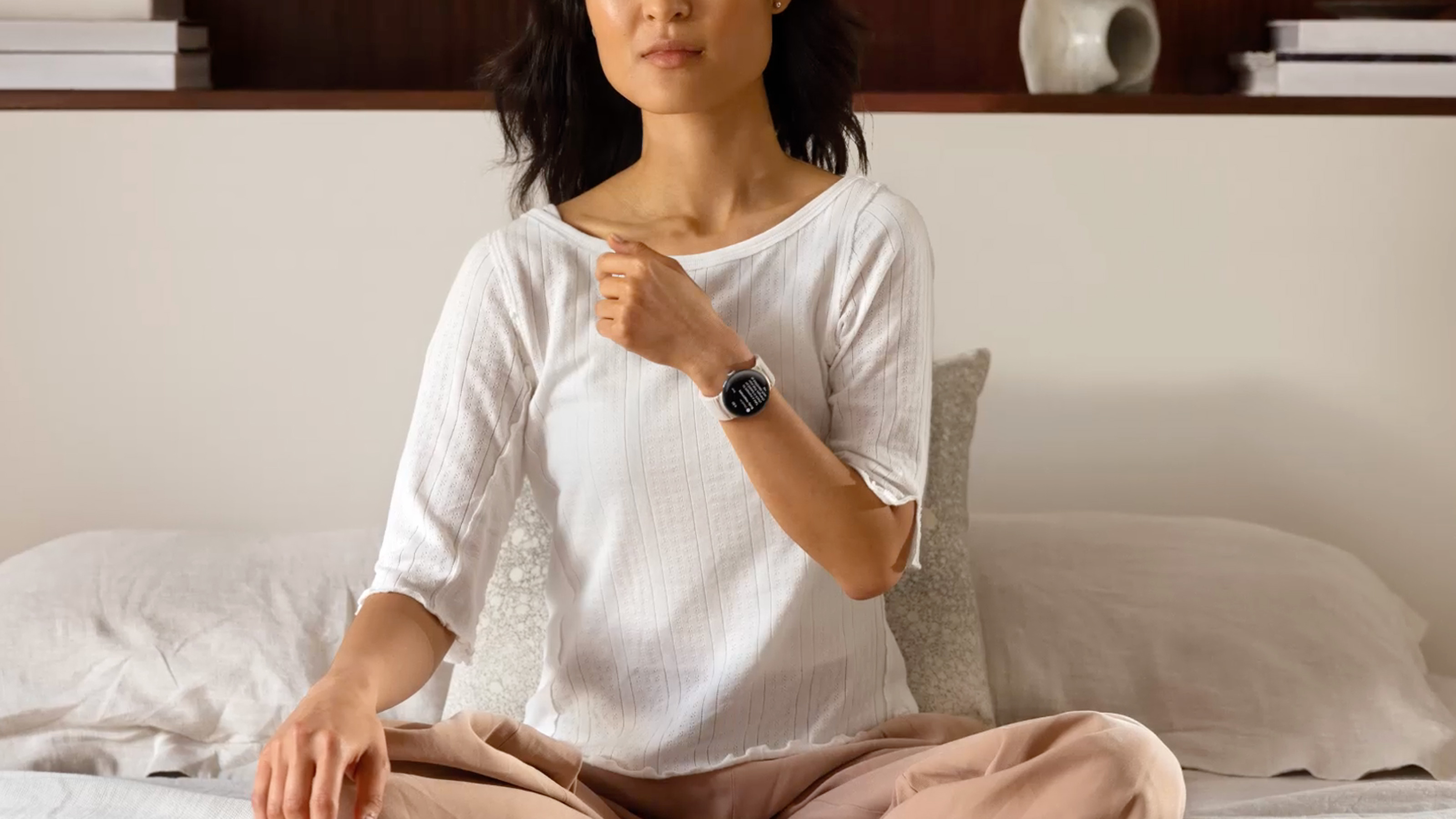
While health and fitness tech is nothing new, the availability of this sophisticated technology from both worlds is now something the average person can avail of at home.
As smart home trends for 2024 go, the vast array of tech that deals with keeping fit and healthy at home is ever-increasing, giving users more control and knowledge to ensure happier and healthier lives.
From wearables to body scanners, there are plenty of options for you to choose the type of tech that you think you will get the most out of.
What's a wearable?
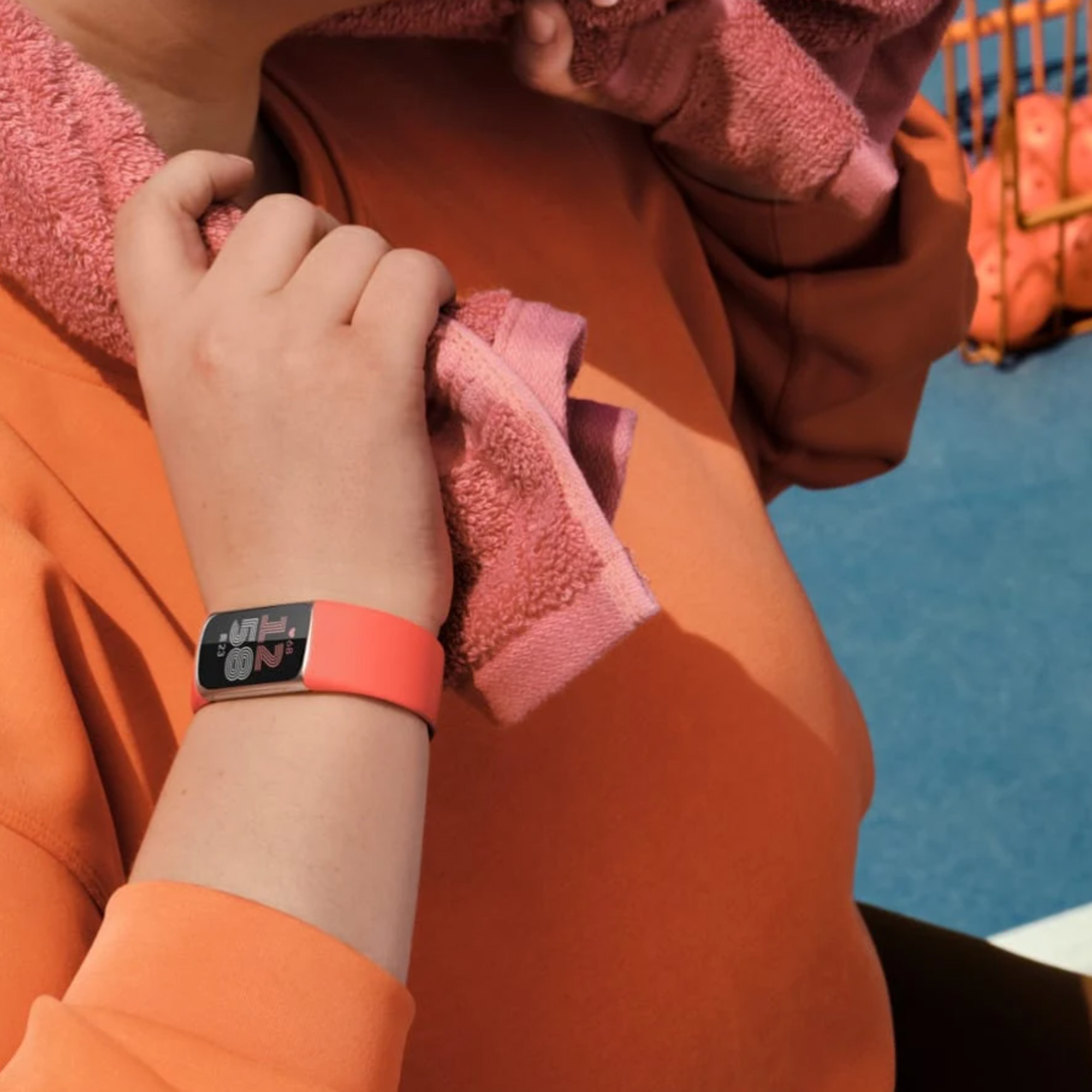
Portable tech that you wear rather than carry around in your pocket, wearables are becoming much more commonplace. This is partly because they're a lot more, well... wearable (the designs have improved considerably in recent years) and people are becoming more self-aware and wanting to know more about their health.
As well as health and activity tracking, many wearables also double up as excellent sleep tech, monitoring your sleep patterns and encouraging wellness.
While FitBits have been around for years now, the sophistication of these clever wearables offers so much more than just letting you know how many steps you've taken in a day.
Now owned by Google, FitBit’s latest version - the Charge 6 - allows you to spot changes in your temperature, monitors your blood oxygen and stress levels, and tracks your heart and breathing rates.

With similar functionality, Garmin’s range of round-faced smartwatches look more traditional than the modern look of a FitBit, and they offer a plethora of tracking capabilities, including heart rate, hydration and temperature levels, along with a very long battery life.
Sign up to our newsletter for style inspiration, real homes, project and garden advice and shopping know-how
Furthermore, smartwatches like the Pixel Watch and the Apple Watch again track your activity and health readings along with the added bonus of a SIM card, which frees you from your phone.
If you’re looking for something a little less conspicuous, the Oura Ring Generation 3 (£299 at ouraring.com) looks rather like a wide wedding band that you wear on your finger. It tracks your daily activity and heart rate, sleep quality, temperature, menstrual cycles, and stress levels, flagging up any issues as and when.
And the rest?
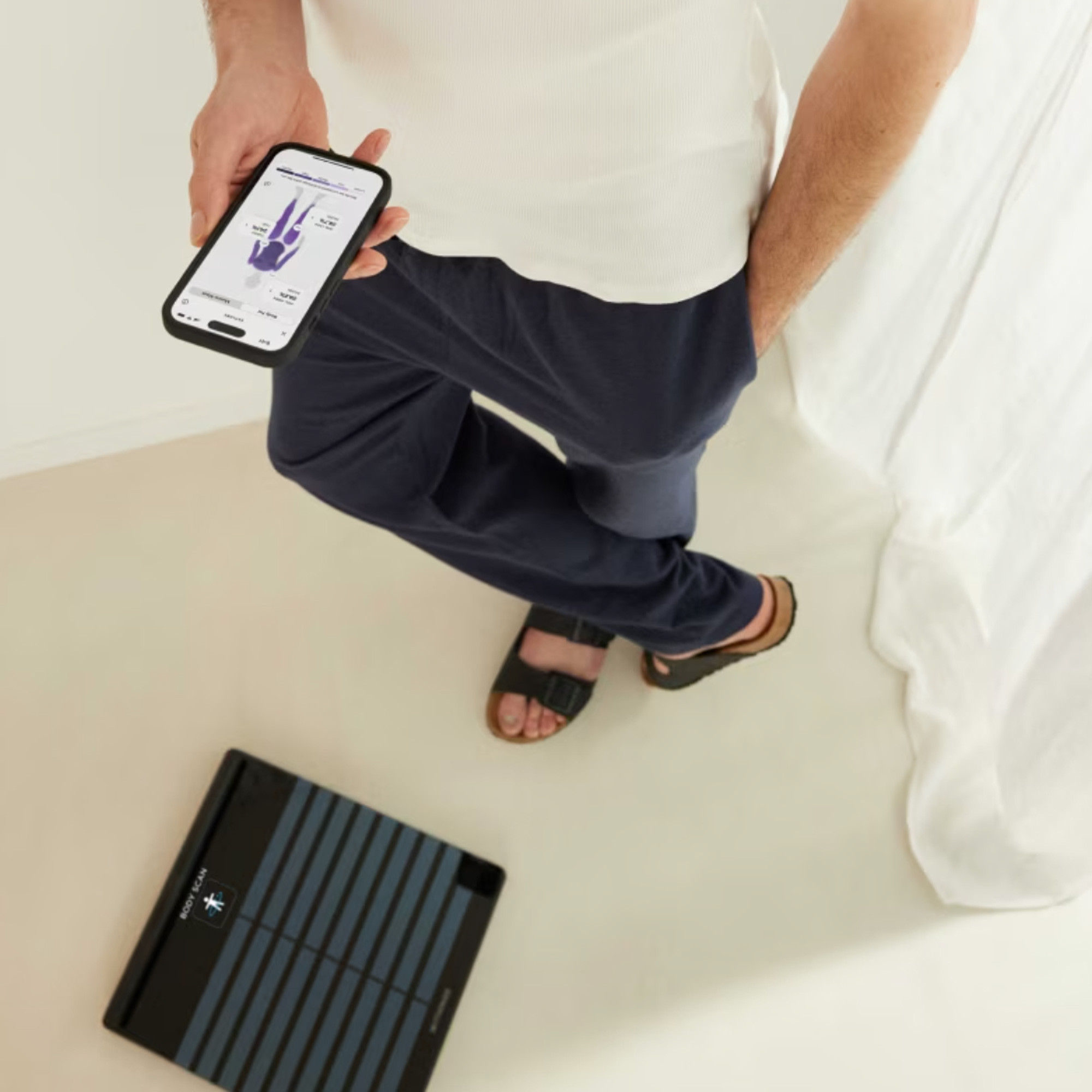
If wearables don't float your boat, you can still keep tabs on your health in other ways.
Withings’s Body Scan may look like a futuristic bathroom tech weighing scale with a pull-up handle. Still, this ingenious device will monitor your heart rate and vascular age, flagging up any biomarkers associated with common health conditions.
How can I work out from home?
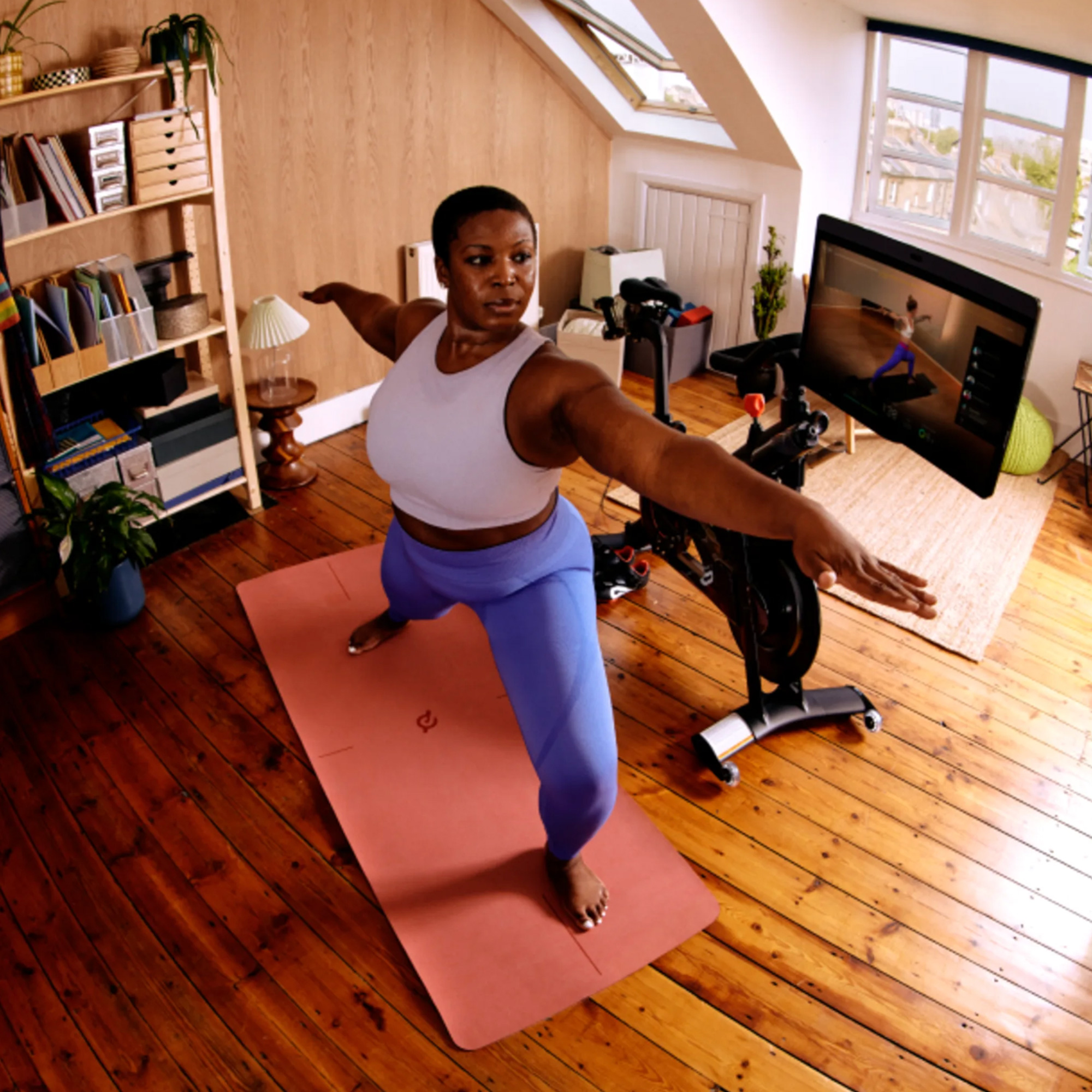
If there was one good thing that came from Covid’s many lockdowns, it’s the widespread availability of advanced at-home gym technology, meaning that you can work out anytime, leaving you with no excuses on skipping a trip to the gym.
This all depends on how much space in your home you’re willing to sacrifice. Those with a lot of room to spare and a lot of budget to spend can go all out. Peloton’s subscription-based exercise classes (from £12.99 per month) can revolve around the brand’s stationary bike or treadmill or remain completely kit-free.
Peloton’s vast choice of classes ranges from yoga to cardio, spinning and running - on or off the treadmill - and all of the machines and kit are available on financing so you can spread the (quite high) cost.
Not sure if it's worth the cost? Take up the offer of Peloton's Home Trial where you can test out a bike or treadmill with a subscription completely free of charge. If you're not convinced within the trial period of 30 days, they'll take it all away and you won't have spent a penny.
Anything suitable for smaller spaces?
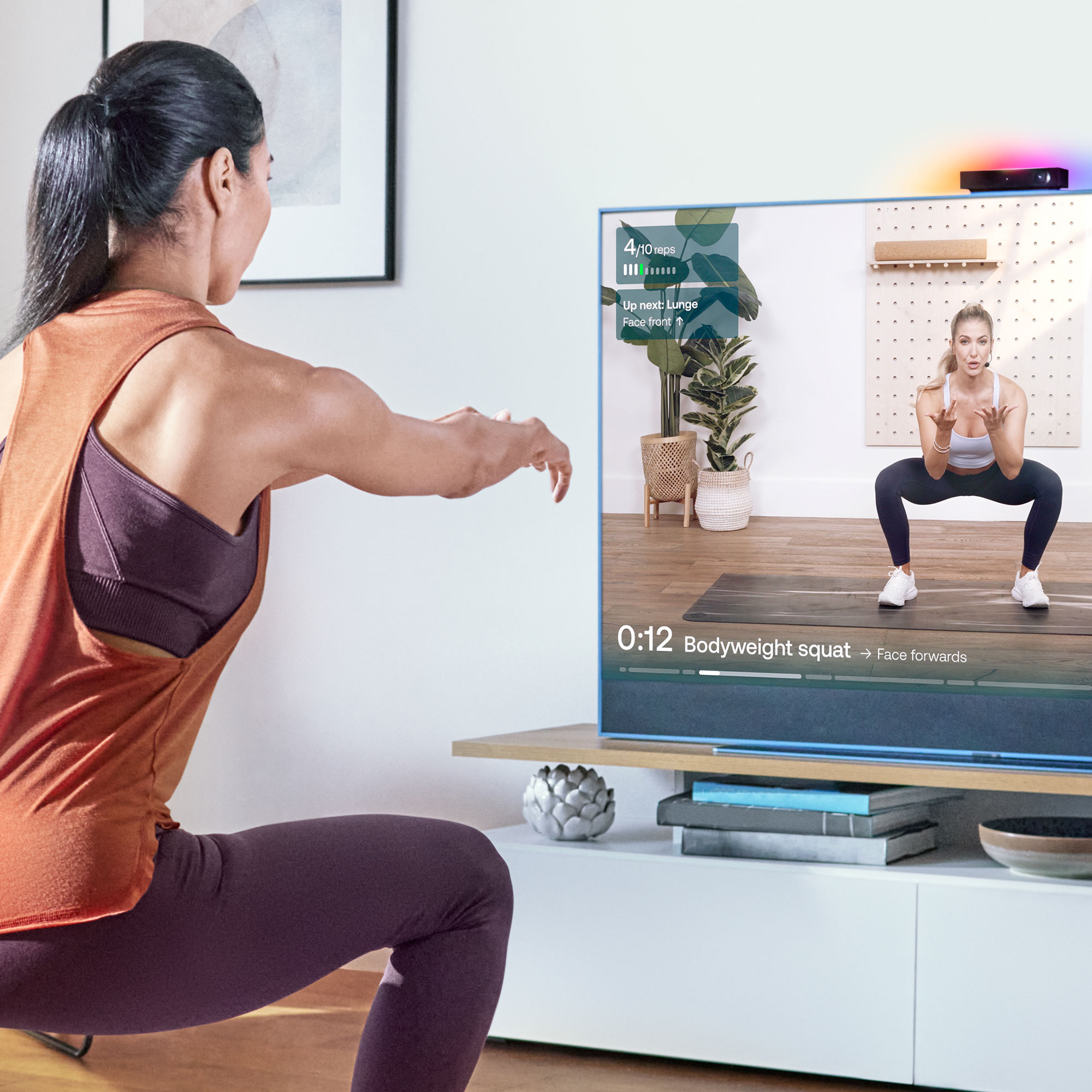
Thankfully, there are plenty of options for those with less space to spare. If you have a Sky Glass TV, the brand’s Sky Live interactive camera (from £6 per month) offers at-home classes. In collaboration with fitness app Mvmnt, there are hundreds of workouts available, from strength and cardio to balance and meditation.
Thanks to the camera’s built-in motion control, Sky Live will track your body positioning, mapping, and monitoring your form, while the Mvmnt instructor suggests ways to improve it as you go along, much like you would get in a real-life gym class.
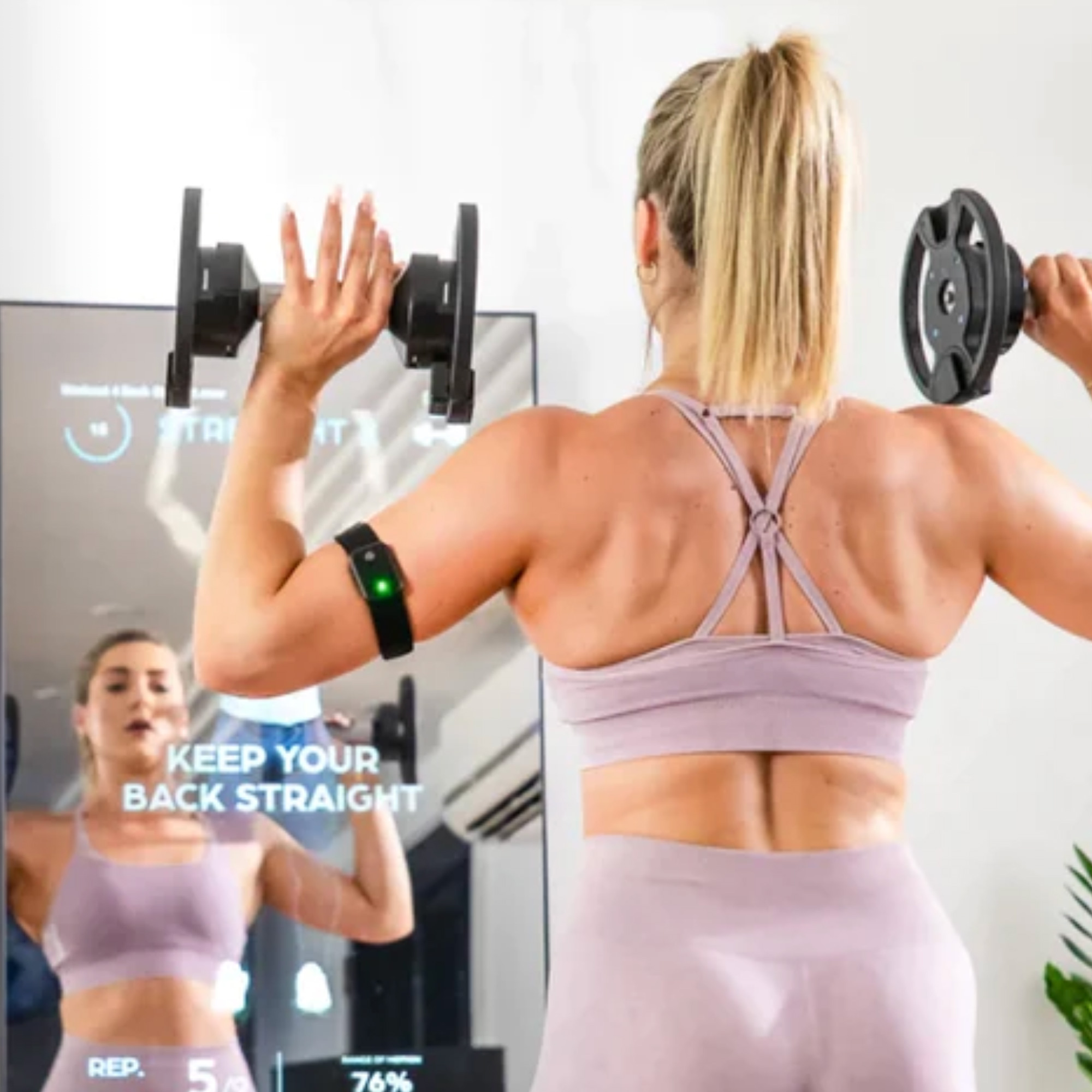
Similarly, the Magic AI Smart Mirror (£1,399 at Magic) is a H150xW50cm body mapping wall mirror offering classes including HiiT, core, cardio, and conditioning. It needs a minimum of four feet of clearance space in front of the mirror for the tracking to work accurately.

Ginevra Benedetti has been the Deputy Editor of Ideal Home magazine since 2021. With a career in magazines spanning nearly twenty years, she has worked for the majority of the UK’s interiors magazines, both as staff and as a freelancer. She first joined the Ideal Home team in 2011, initially as the Deputy Decorating Editor and has never left! She currently oversees the publication of the brand’s magazine each month, from planning through to publication, editing, writing or commissioning the majority of the content.
